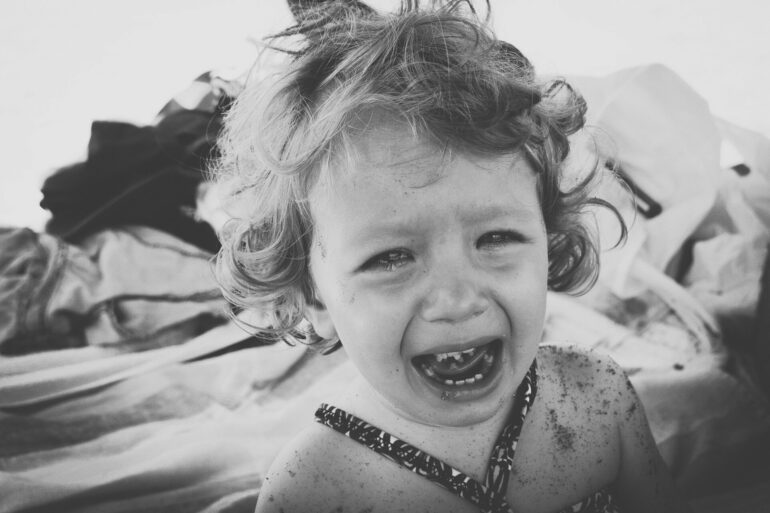Children with difficult temperaments, including personality tendencies such as irritability and having a hard time being comforted, are only slightly more likely than other children to have insecure attachment relationships with one or both of their parents, according to our research. This finding refutes the long-standing notion held by many psychologists that early attachment behaviors are mainly determined by a child’s temperament.
An attachment relationship reflects the child’s expectations about their caregiver in times of need. A secure attachment is likely if a caregiver is consistently available and emotionally supportive when the child is alarmed. However, if a child learns that their caregiver will not be there when needed or will not effectively soothe them, chances are they will develop an insecure attachment relationship with that caregiver.
As researchers in clinical psychology and child and family studies, we are interested in how the quality of child-caregiver relationships affects children’s development.
Part of that is understanding what influences the way child-parent attachments form. Even infants show stark differences in temperament, and some psychologists have argued that these individual dispositions may also explain how youngsters interact with caregivers. Even the most sensitive and loving parent could feel challenged when caring for a difficult child – does that dynamic influence the quality of their attachment relationship?
How we do our work
With 29 other researchers, we started a research consortium to study the quality of children’s attachment relationships with their mothers and fathers – or what we call their attachment networks.
For this meta-analysis, we combined data collected over the past 40 years on 872 children from North American families.
Researchers observed these kids interacting separately with their mothers and fathers and completed assessments designed to evaluate children’s attachment behaviors: How do they seek comfort in times of need? How easily do they find reassurance in their parents? How do they explore their environment in the presence of their parents?
In addition, parents reported on the degree of their children’s difficult temperament. How likely was the child to experience intense negative emotions, such as anger, sadness or fearfulness?
It seemed logical that children who have a more difficult temperament might tend to have more insecure attachment relationships within the family – but that’s not exactly what we found. Instead, a difficult temperament had very little to do with the number of insecure attachment relationships a child had with their parents.
Greater tendencies toward a difficult temperament had just a very small impact – less than 1%, according to our statistical analysis – on children’s likelihood to have multiple insecure attachment relationships. And temperament was only slightly more difficult in infants who had insecure…



